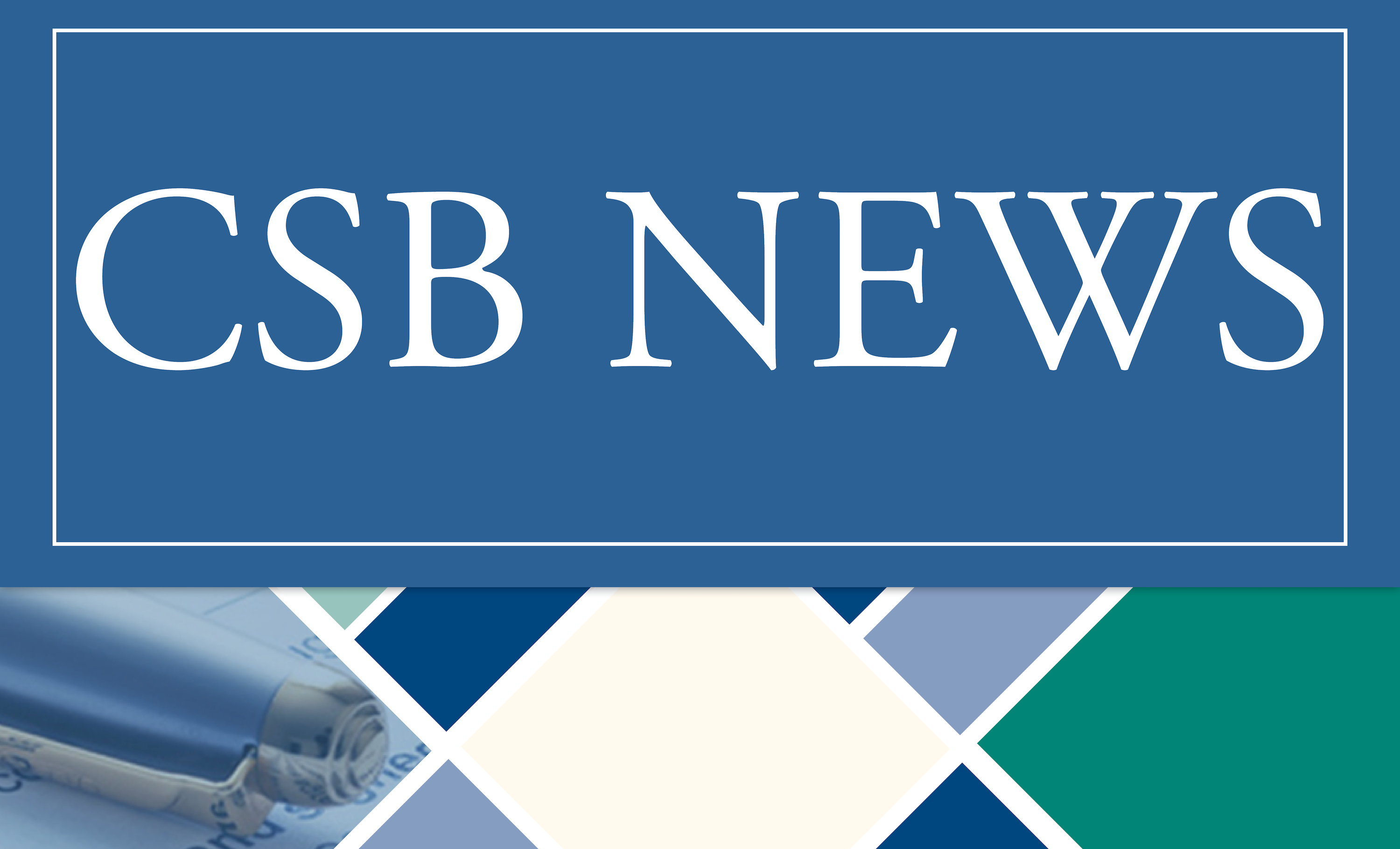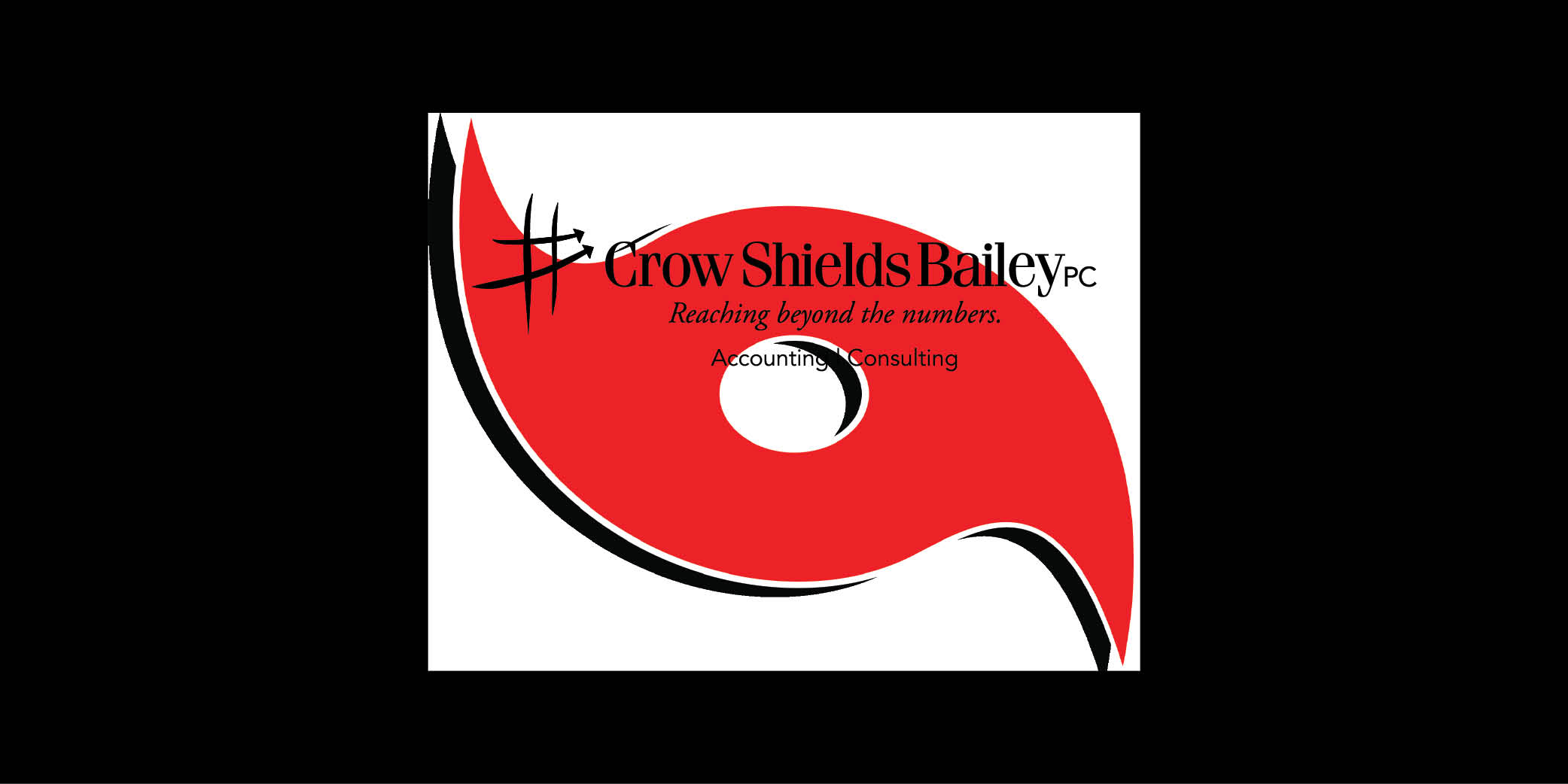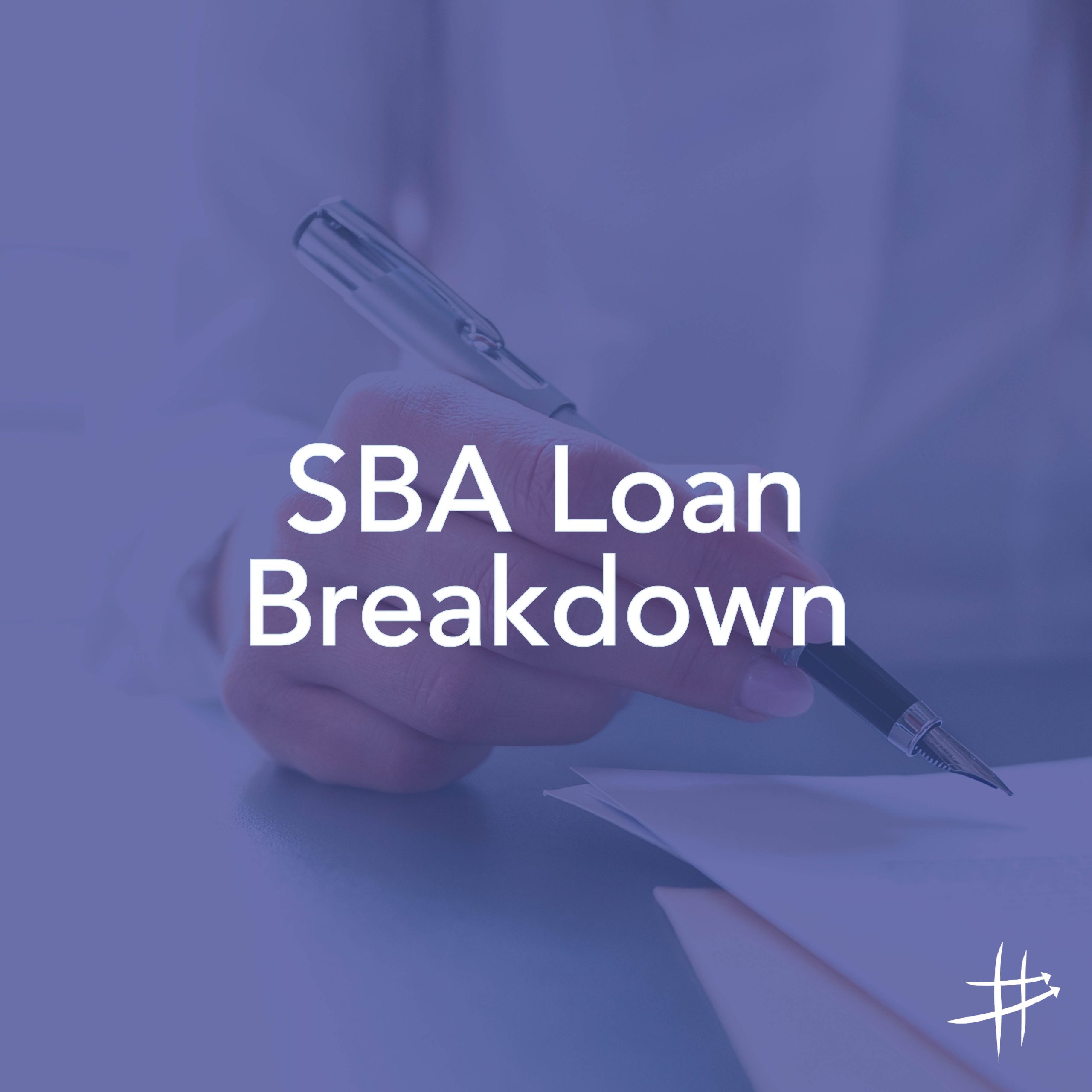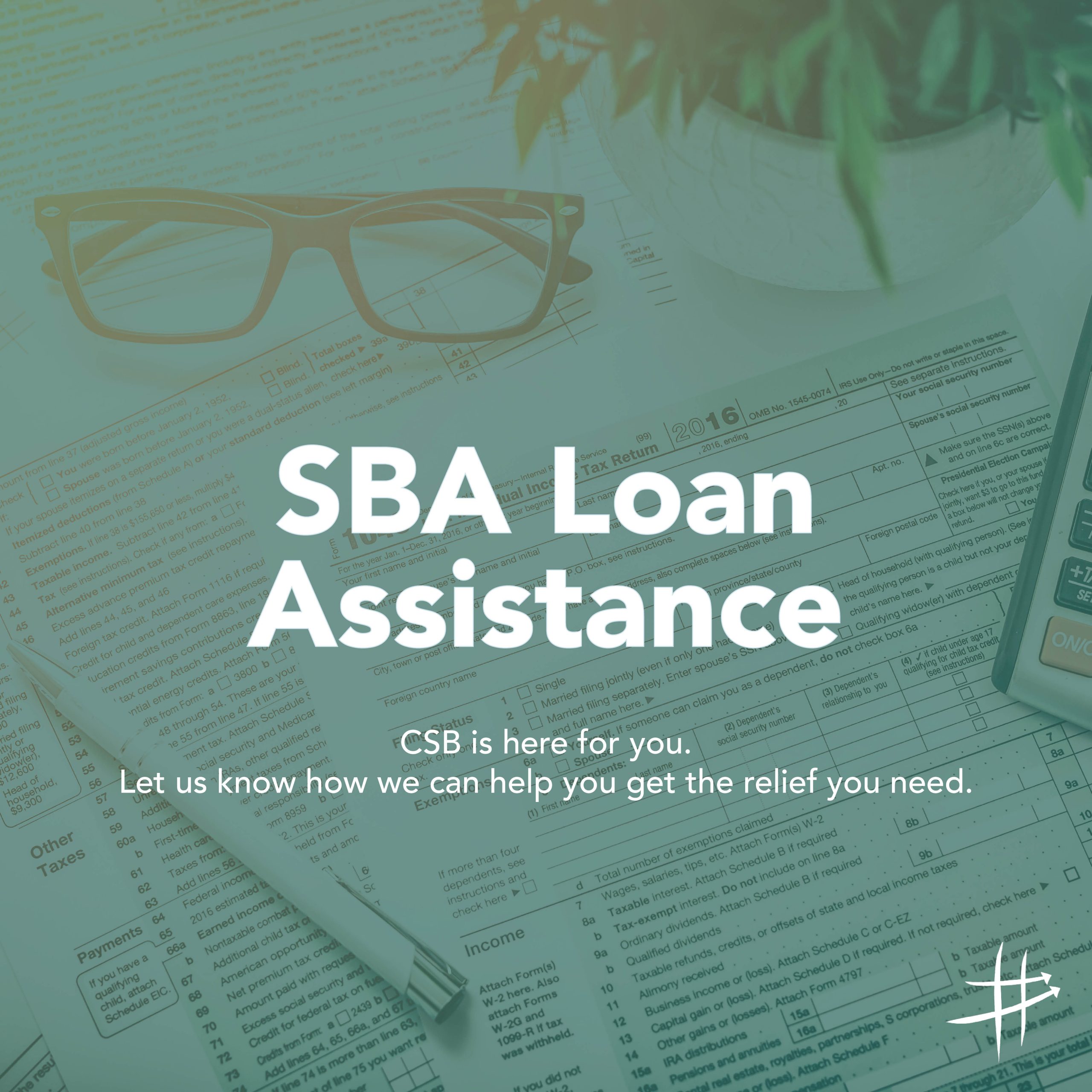
Are you a small business that has heard about Small Business Association (SBA) loan, but doesn’t know where to start? Or if you’re even eligible? With all the misinformation circulating about the SBA loan, we have broken down the facts so small businesses can be best prepared during this time, including who is eligible, how to calculate the amount you might receive, how the loan can be used, terms of the loan, the loan forgiveness program, and application.
SBA loans will be expanded according to recent legislation allocating $349 billion to this program. The eligibility requirements are being relaxed to extend credit to small businesses to help maintain payroll and pay bills (ex. rent, mortgage interest, other interest, utilities) during the ‘covered period.’ Regulations (expected to be final by the first of April) are expected to allow almost any FDIC insured entity to process loans and disburse funds on the same day.
ELIGIBILITY OVERVIEW
When is the ‘covered period’? The ‘covered period’ includes loans made between February 15, 2020 and June 30, 2020. Loans issued during this time are ‘covered loans.’
How do I know if I’m an eligible recipient of a covered loan? Small businesses (fewer than 500 employees or under the SBA NAICS industry guideline, whichever is greater) that have been in operations since February 15, 2020 are eligible for the loan. You must have employees that are paid salaries and payroll taxes and/or pay independent contractors (1099-MISC). Note, if you are a sole proprietor or independent contractor, you are also eligible to receive a ‘covered loan’ providing certain documentation.
CALCULATION OF LOAN AMOUNT
What is the maximum loan I can apply for? The maximum amount you can apply for is the lesser amount of the following options:
- Either $10 million, OR a sum of:
- Your average total monthly payments for payroll costs incurred for the year prior to the date on which the loan is made (12-week period if you are a seasonal employer), multiplied by 2.5
- Outstanding amount of existing SBA loans between January 1, 2020 and ending when your new ‘covered loan’ is made available. This will be refinanced under the ‘covered loan.’
(Avg. monthly payroll cost X 2.5) + (Outstanding SBA loans after January 1, 2020)
What do payroll costs include? The sum of payments for any employee compensation; examples include:
- Salary, wage, commission
- Payment of cash tips or equivalent
- Payment of vacation, parental, family, medical, or sick leave
- Allowance for dismissal or separation
- Payment required for group health benefits (insurance premiums)
- Retirement benefits
- State or local tax assessed on compensation
If I’m a sole proprietor or independent contractor, how can I calculate payroll costs? In this situation, payments of compensation cannot exceed $100,000 in one year, and are pro-rated for the ‘covered period.’
What do payroll costs NOT include? The following items are not considered payroll costs:
- Compensation in excess of a $100,00 annual salary, pro-rated for the ‘covered period.’
- Taxes imposed on IRC chapters 21, 22, or 24 during the ‘covered period’
- ANY compensation of non-U.S. resident employees
- Qualified sick leave for which a credit is allowed under section 7001, or qualified family leave wages for which a credit is allowed under section 7003 of Families First Coronavirus Response Act
USE OF LOAN PROCEEDS
What can I use the loan for? The SBA loan can be used to cover the following:
- Payroll cost
- Employee salaries, commissions, or similar compensations
- Costs related to continuation of health care benefits during periods of sick, medical or family leave, as well as insurance premiums
- Payments of interest on any mortgage obligations (not including prepayment of or payment of principle on a mortgage obligation)
- Rent and utilities
- Interest on any other debt obligations that were incurred before the ‘covered period’
TERMS OF LOAN AND THE PROCESS OF SECURING THE LOAN
Who has the authority to delegate a loan? Approved SBA lenders are able to make and approve ‘covered loans.’
What are the borrower requirements? The borrower requirements include a “good faith certification” stating that uncertain economic conditions make the loan necessary to support ongoing operations. These funds will be used to retain workers and maintain payroll, rent payments, mortgage interest payments, and utility payments. It also is in good faith that the applicant DOES NOT have an application pending for a loan under a 7a loan for the same purpose and duplicative amounts, and no other amounts have been received under section 7a loans between February 15, 2020 and December 31, 2020.
Will I be able to obtain credit elsewhere? The requirement that small businesses are unable to obtain credit elsewhere DOES NOT APPLY to ‘covered loans’ during the ‘covered period.’
What about 7(b)(2) loans? 7(b)(2) loans made after January 31, 2020 can be refinanced as part of the ‘covered loan.’
Will there be nonrecourse? Or collateral needed for this loan? SBA has no recourse (or will demand compensation or payment) against individuals, shareholders, members, or partners of an eligible recipient unless the ‘covered loan’ proceeds are used for unauthorized purposes (see above). There are no personal guarantee requirements and no collateral requirements for ‘covered loans.’
What about the interest rate? Interests rates for the SBA loan are not to exceed 4%.
Is there a deferred payment arrangement? Lenders must provide complete payment deferral for a period of not less than six months, including payment of principle, interest, and fees. Deferrals are not to exceed one year.
LOAN FORGIVENESS PROGRAM
Is there a forgiveness amount? Any possible forgiveness amount may not exceed the loan amount, and is calculated as the following amount of costs and payments made during the eight-week period beginning on the date of origination of the ‘covered loan’ (‘covered period’):
- Payroll costs
- Payments on interest of any mortgage incurred prior to February 15, 2020
- Rent obligations on leases in force between February 15, 2020
- Utility payments for which service began before February 15, 2020 – electricity, gas, water, transportation, telephone, or internet access
What is the forgiveness amount limited by? The forgiveness amount is limited by the following:
- Multiplying possible forgiveness amount (as calculated above) by dividing average full-time equivalent (FTE) during ‘covered period’ by either of the following:
- Average FTEs between February 15, 2020 and June 30, 2019
- Average FTEs between January 1, 2020 and February 20, 2020
- Note, average FTEs are calculated as the average number FTEs for each pay period
- Amount of any reduction in total salary or wages of ANY employee during the ‘covered period’ that is in excess of 25% of the total salary or wages of the employee during the most recent full quarter during which the employee was employed before the ‘covered period’
- Note, this does NOT include any employee receiving compensation in excess of $100K
LOAN FORGIVENESS APPLICATION
What should my application include? The application should include documentation verifying the number of FTEs and pay rates during the ‘covered period’ including:
- Payroll tax filings reported to IRS
- State income, payroll, and unemployment insurance filings
- Documentation of expenses such as rent and utilities
The application should also include certification stating:
- Documentation is true and correct
- Amount for which forgiveness is requested was used for authorized purposes
- Any other documentation SBA determines necessary
Crow Shields Bailey is proudly serving as a resource for small businesses to protect for their future during this time. If you have further questions about how the SBA loan can benefit your business, feel free to contact our office 251.343.1012, or visit our Coronavirus Resource Center to stay up-to-date on changes made daily.









